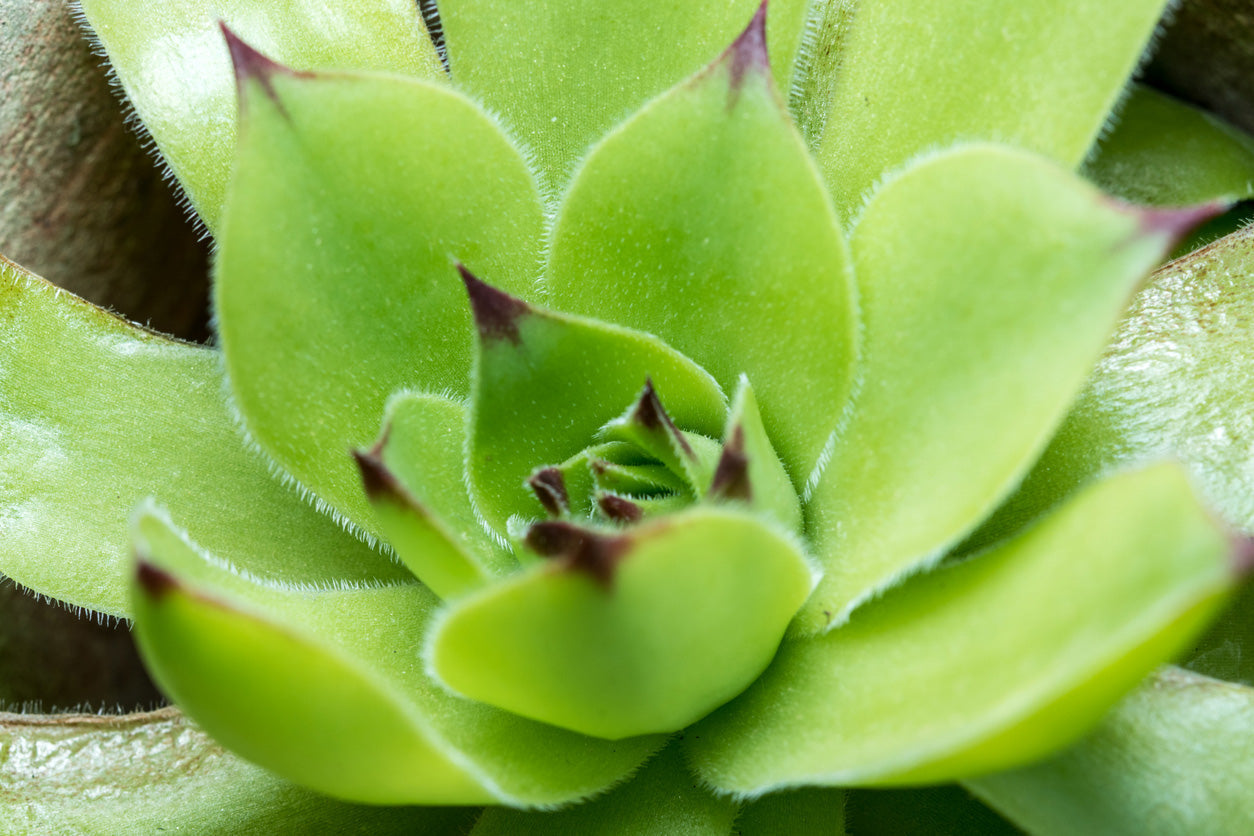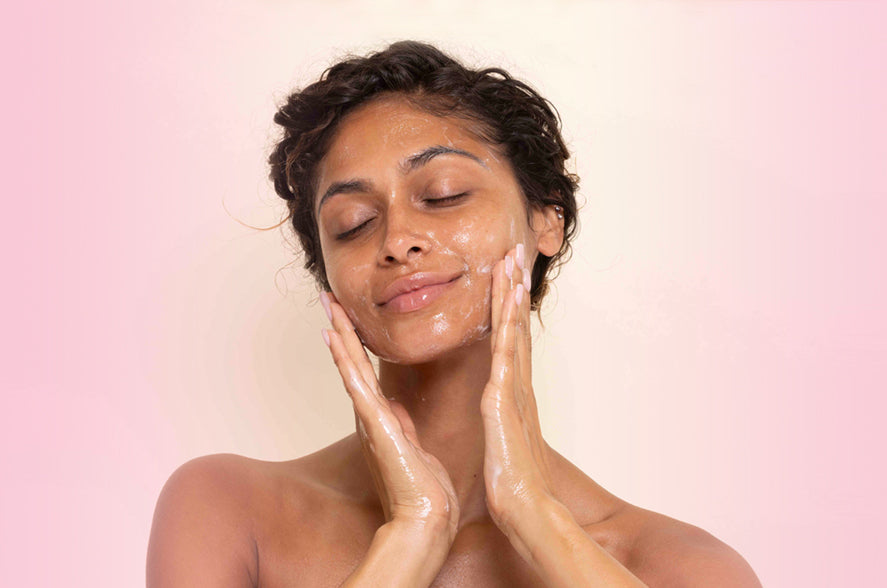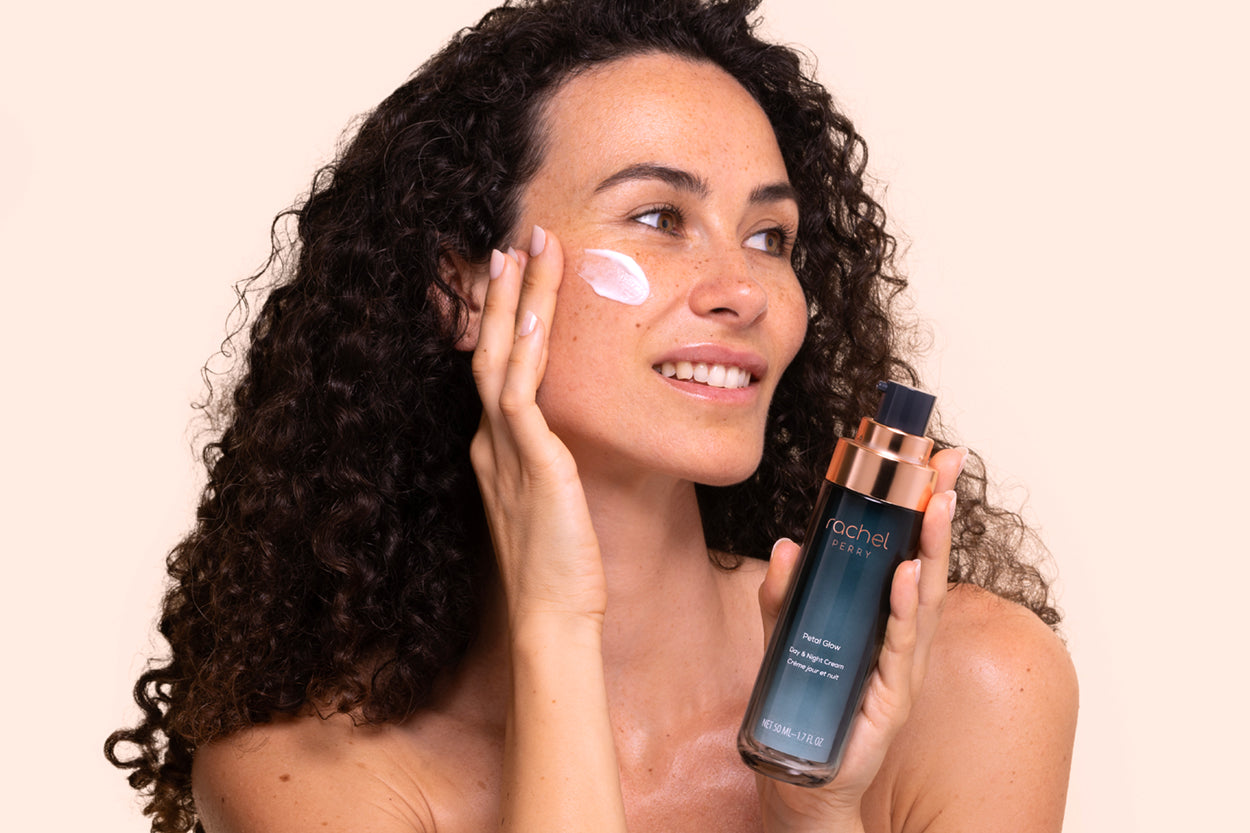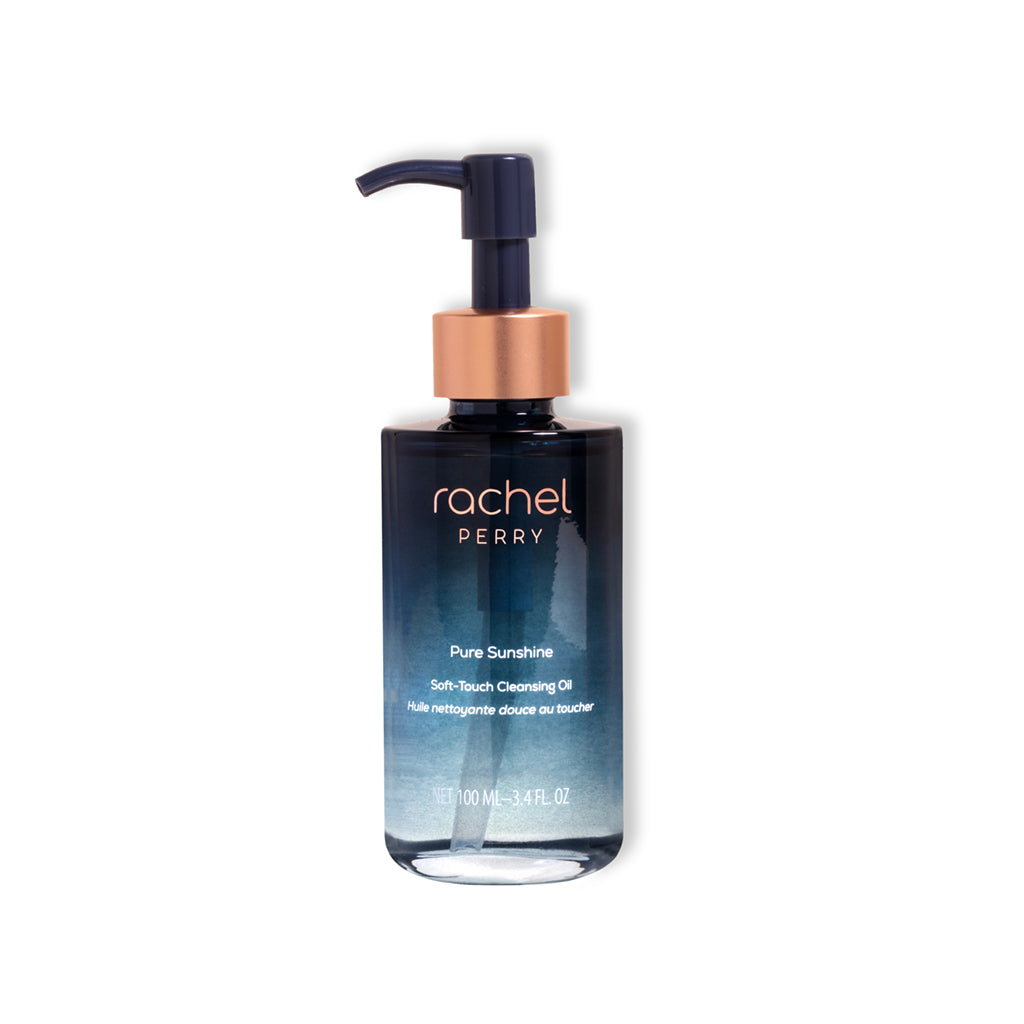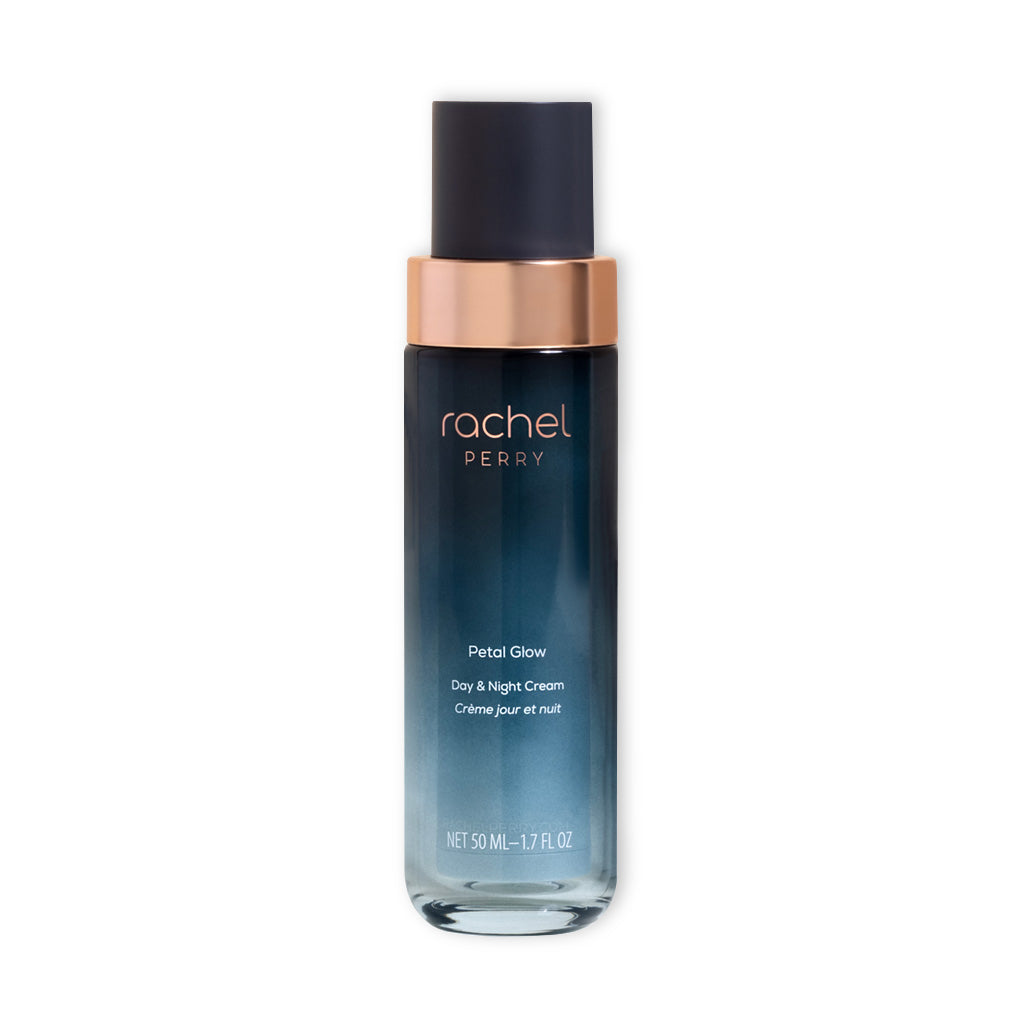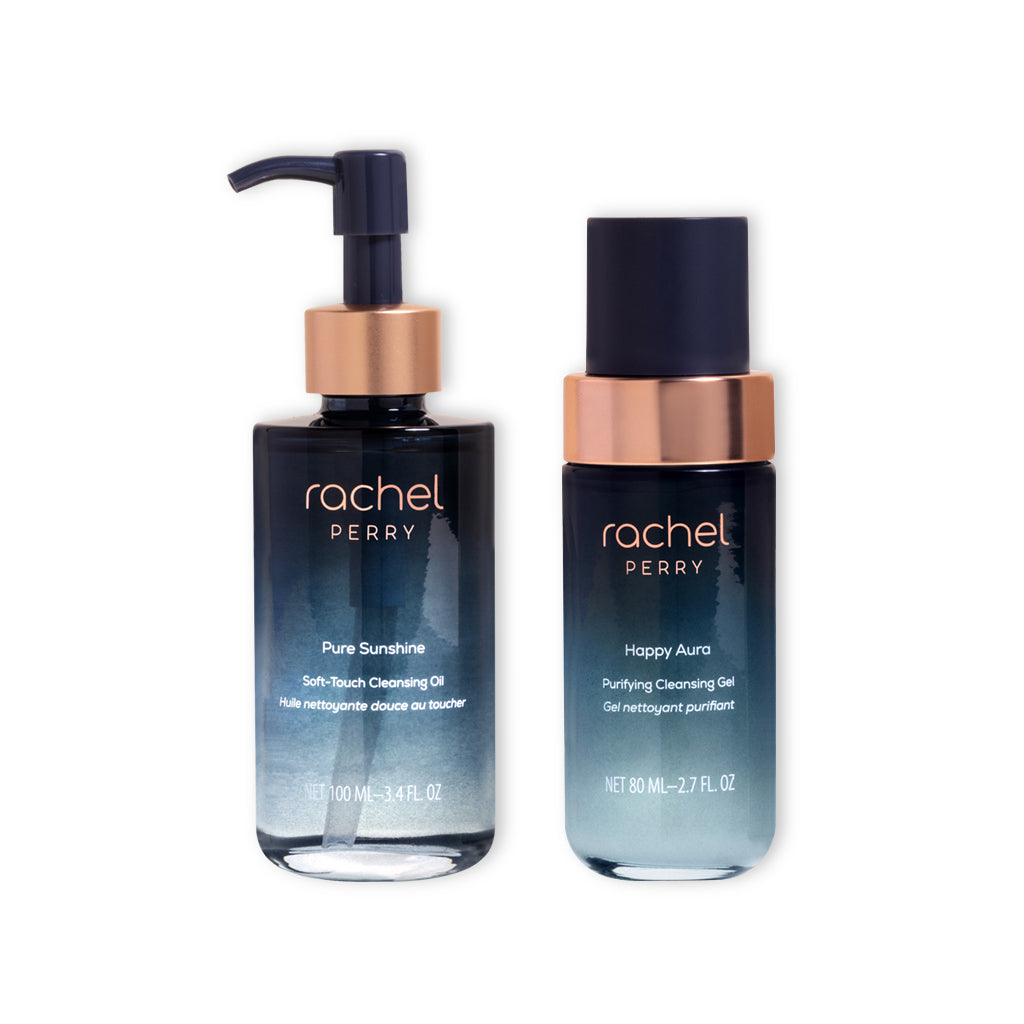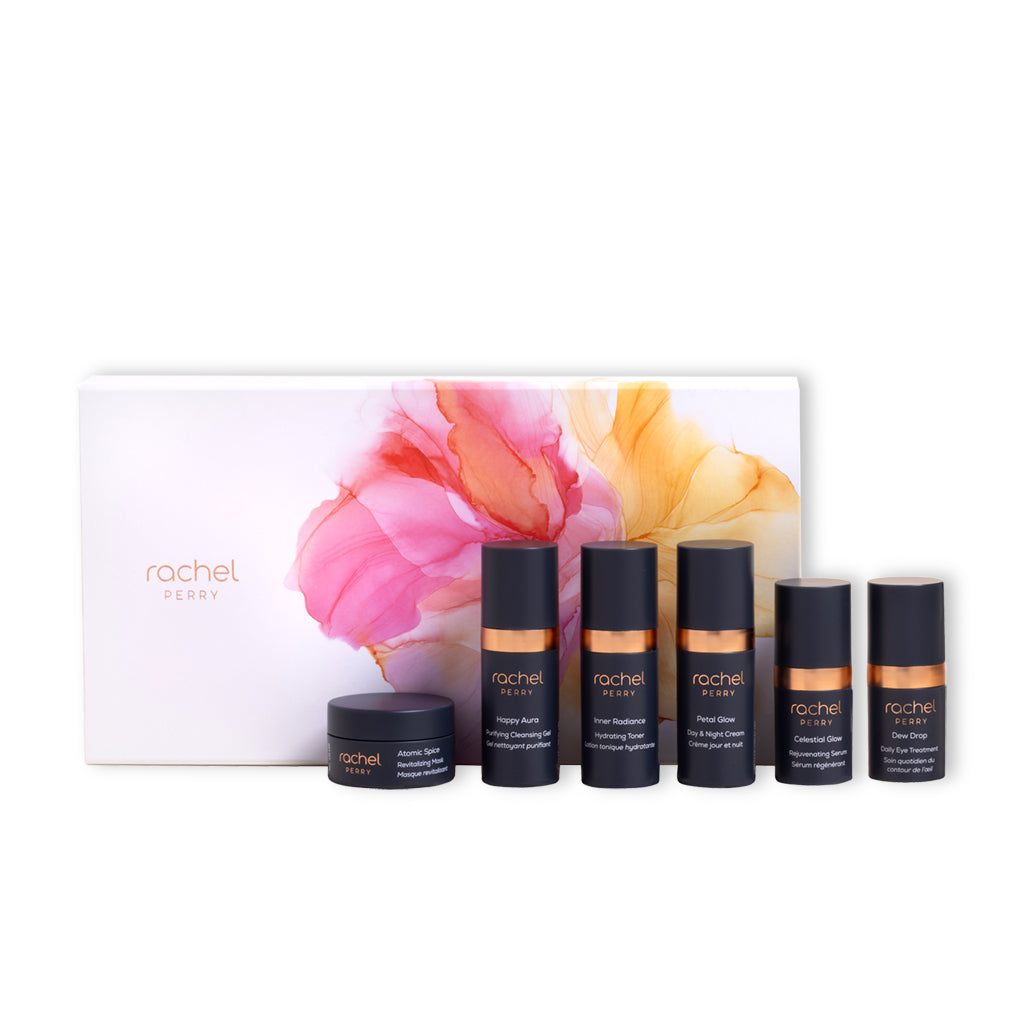Face Oil vs. Moisturizer: The Ultimate Guide for a Glowy Routine
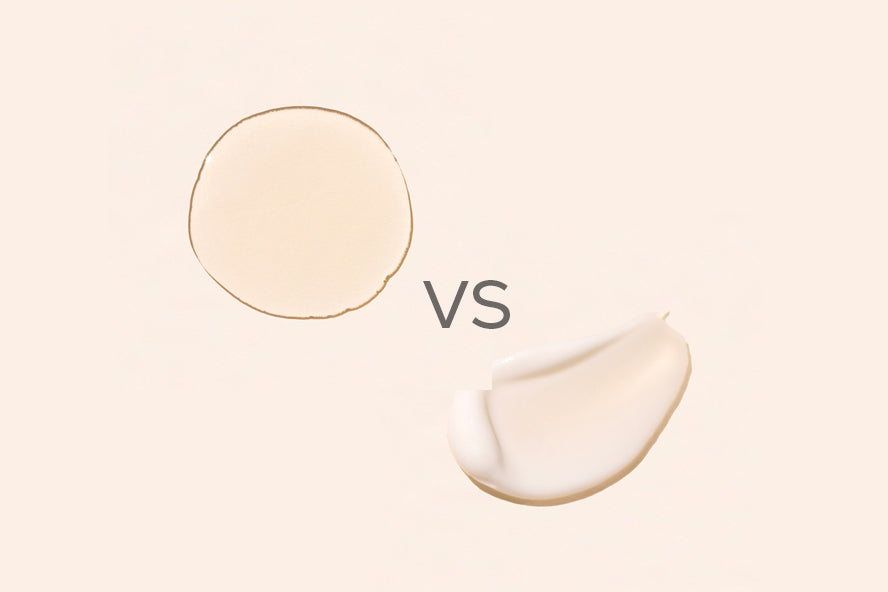
Two skincare essentials, different jobs — and better together.
Navigating skincare can feel tricky, especially when it comes to choosing between a face oil or a moisturizer. Both are vital—but they play very different roles. A moisturizer hydrates; a face oil nourishes and seals. Layered thoughtfully, they help create that coveted glow from the inside out.
At Rachel Perry, our dual‑product approach uses:
- Petal Glow – Day & Night Cream for hydration and barrier support
- Pure Sunshine – Soft‑Touch Cleansing Oil for nourishment and luminous feel
Here’s everything you need to know about how each works, when to use them, and how to get the best of both worlds.
What Does a Moisturizer Do?
A moisturizer hydrates the skin by:
-
Delivering water via humectants like glycerin or hyaluronic acid
-
Softening and smoothing with emollients like shea butter
-
Sealing in hydration using occlusives such as ceramides or squalane
It strengthens the skin barrier, plumps fine lines, and protects against environmental stress.
What Does a Face Oil Do?
A face oil—such as marula, jojoba, or argan—works by:
-
Feeding the skin with fatty acids, vitamins, and antioxidants
-
Sealing in moisture after applying moisturizer or water-based products
-
Supporting barrier health and preventing water loss for smoother, more radiant skin
It offers rich nourishment and glow without necessarily adding hydration.
|
Feature |
Moisturizer |
Face Oil |
|
Primary Function |
Hydrates with water-based ingredients |
Nourishes with lipid-rich nutrients |
|
Texture |
Creamy, lotion, gel |
Slick, silky, oil |
|
Seals Moisture? |
Some do; many need oil on top |
Always functions as a final barrier |
|
Skin Types |
All types, choose wisely |
All types; pick non-comedogenic oils |
|
Ideal Separately? |
Daily hydration |
Plumping, barrier support, glow boost |
|
Best Combined With |
Serums, eye creams, oils |
Moisturizer, sunscreen |
Why Use Them Together?
-
Double hydration: Moisturizers add water, oils lock it in.
-
Revitalize barrier: Oils layer on barrier-protecting lipids.
-
Boost radiance: Oils deliver glow and nutrients; moisturizers smooth and firm.
-
Custom adaptability: Mix and match based on season, skin needs, or lifestyle.
How to Layer: Step-by-Step
Dermatologists, dermatology consensus, and skincare brands all recommend this layering method.
-
Cleanse & Tone – Prep your skin.
-
Apply Serums – Thin to thick viscosity.
-
Moisturize – Use Petal Glow, rich in humectants and emollients.
-
Dot Face Oil – Warm 2–3 drops of Pure Sunshine in palms → seal in moisture.
-
Sunscreen (AM) – Final skin shield.
Tip: Moisturizer first, oil second ensures oils lock in water, not block product absorption.
Meet the Products
Petal Glow – Day & Night Cream
A velvety moisturizer infused with artichoke, caper, orange water, pomegranate seed, and houseleek. It smooths, hydrates, and fights early signs of aging — with up to 97% naturally derived ingredients.
Pure Sunshine – Soft‑Touch Cleansing Oil
More than a cleanser: this indulgent oil blends marula, moringa, and baobab to nourish, brighten, and hydrate the skin. It can also be used after moisturizer for skin that looks plump and radiant.
Explore Pure Sunshine and Petal Glow.
FAQs: Face Oil vs Moisturizer
Q: Can I skip moisturizer and just use oil?
A: For short periods or hot climates, maybe — but oils don’t actually add water. Pairing both ensures hydration + barrier protection.
Q: Should oil go before or after moisturizer?
A: After. Oil seals in water-based hydration. If moisturizer is ultra-rich (like a balm), you can experiment with layering it last.
Q: Are oils safe for oily/acne-prone skin?
A: Absolutely — non-comedogenic oils like marula, squalane, and jojoba help balance sebum and support your barrier.
Q: Is this routine good for anti-aging and glow?
A: Yes. Moisturizers fill in surface lines while oils deliver antioxidants and nutrients — for the appearance of plump, radiant skin.
